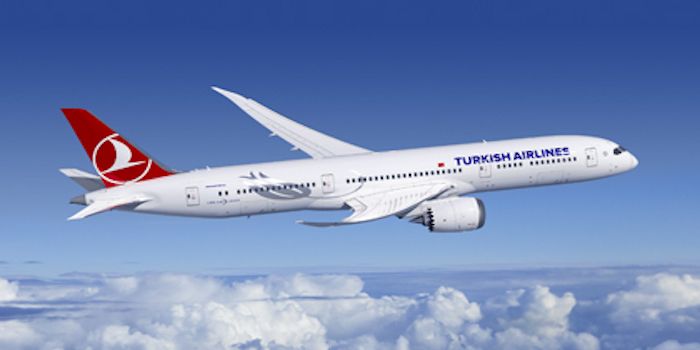Turkish Airlines reports that it had a record year for passenger numbers in 2023, flying 83.4 million people.
Domestic passenger capacity grew by 23.5% compared to 2022, surpassing 30 million, while capacity for international routes jumped by 16%. The airline also says the number of passengers in European countries with significant Turkish populations climbed by more than 20% year-on-year. Meanwhile, customers flying internationally grew 14%, to 53 million people.
Global international airline capacity for 2023 was 12% behind the 2019 figure, according to IATA. However, Turkish Airlines increased its international capacity by 27% between 2019 and 2023.
Turkish Airlines, which claims to fly to more countries than any other carrier, attributes the rise in customer numbers to increased capacity, its agile and extensive flight network, and a highly qualified workforce. Investing in its aviation infrastructure to establish Istanbul Airport as the leading European hub in terms of daily flight numbers has also contributed to the large customer numbers, as has investing heavily in recent years – a bold strategy amid a pandemic, geopolitical tensions and macroeconomic challenges.
Building on its recent growth, Turkish Airlines has plans to expand its fleet to 800 aircraft by 2033. The carrier increased the fleet by 12% in 2023, to 440 – a figure that has since grown to 450 – despite global challenges with aircraft procurement and production.





